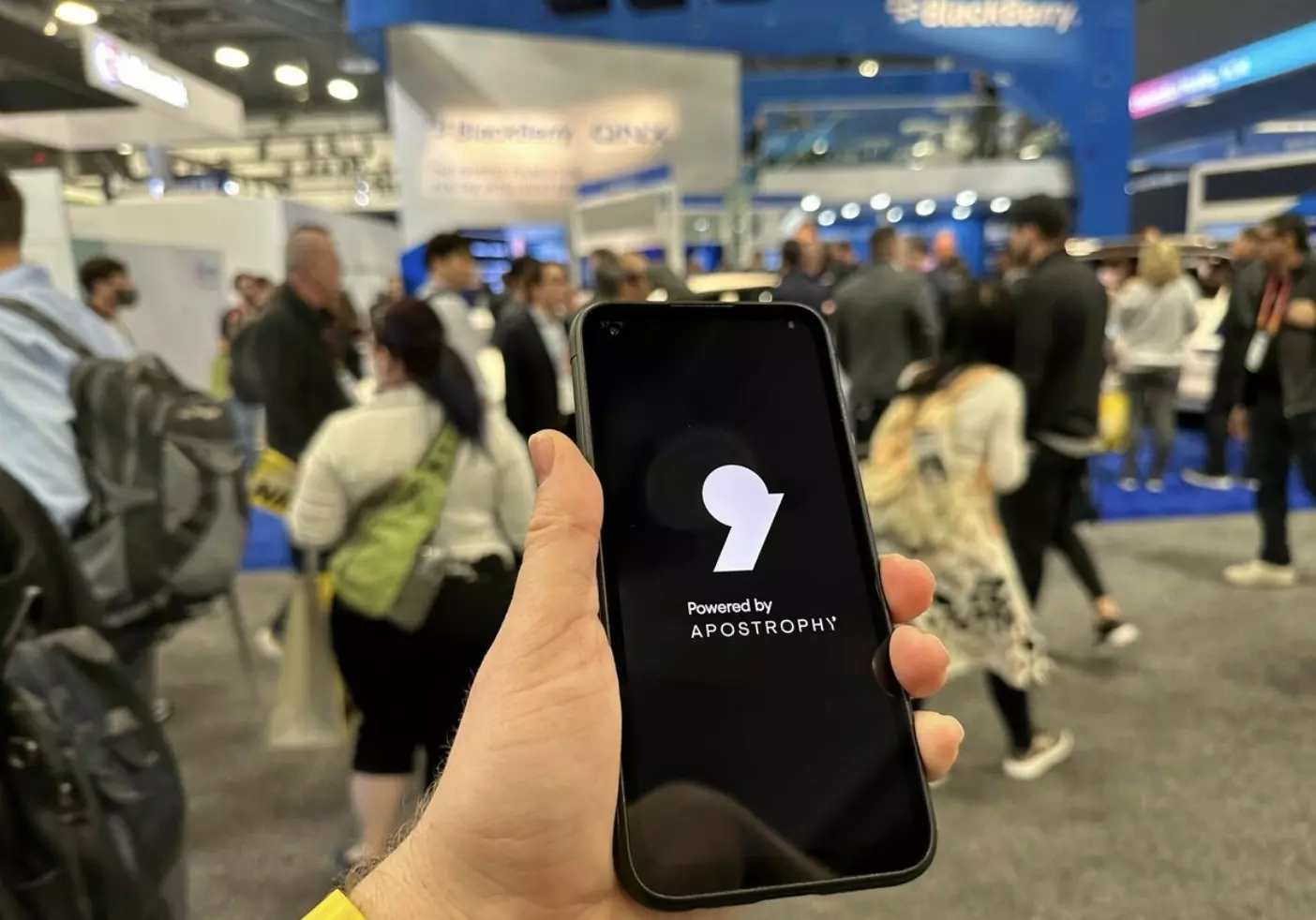Can Apostrophy OS replace Android?
Apostrophy OS, described as "a bespoke OS-level implementation integrated, in partnership, with an Original Equipment Manufacturer (OEM) smartphone," offers smartphone manufacturers an alternative to Android.
image for illustrative purpose

In a bid to break the duopoly of Android and iOS in the smartphone operating system landscape, a new player has stepped onto the scene. Apostrophy OS (AphyOS), showcased at CES 2024, aims to provide users with a compelling alternative, combining a unique approach, user privacy focus, and an array of services.
What is Apostrophy OS?
Apostrophy OS, described as "a bespoke OS-level implementation integrated, in partnership, with an Original Equipment Manufacturer (OEM) smartphone," offers smartphone manufacturers an alternative to Android. Though rooted in Android 13, the OS has undergone significant modifications, especially in prioritizing user privacy. Developed by Switzerland-based Apostrophy, it promises users "complete control" over their personal data.
Key Features of Apostrophy OS:
Domus Home Screen: The main home page, known as "Domus," is a grayscale interface with shortcuts to the Aphy Store, calendar, contacts, VPN service, files, and email. Customization is limited, and all activities on this page run through Apostrophy's servers for maximum security.
Piazza Customization: Swiping to the left reveals the "Piazza," a customizable interface similar to Android home screens. Each app in the Piazza is sandboxed for enhanced security.
App Compatibility: Apostrophy OS supports Android apps, allowing users to run popular applications such as WhatsApp, YouTube, and Instagram. The Google Play Store is not pre-installed but can be easily added.
Additional Services:
Digital Nomad VPN: Apostrophy OS includes a VPN service called Digital Nomad, allowing users to change their location and secure their online activities.
Ledger Feature: A unique feature called "Ledger" enables users to adjust app permissions through intuitive dials for Data Privacy and Carbon Reduction, streamlining the management of app permissions.
Subscription-Based Model:
Apostrophy OS goes beyond just the operating system, offering a suite of services under a subscription model priced at approximately $15 per month. This includes the Digital Nomad VPN, Ledger features, and an Apostrophy account with email, calendar, contacts, tasks, and 5GB of cloud storage. A one-year subscription is bundled with the purchase of any Apostrophy OS phone.
Hardware:
The current Apostrophy OS handset, the Punkt MC02, features a 6.67-inch IPS screen, MediaTek Dimensity 900 processor, 6GB of RAM, 128GB of expandable storage, and a 64MP main camera. Priced at $749, the device represents the initial offering, with plans for additional Apostrophy OS phones from other OEMs in the near future.
Market Challenges and Outlook:
While Apostrophy OS presents itself as a potential third option in the Android vs. iOS competition, it faces challenges in expanding device compatibility, reaching store shelves, and justifying the subscription-based model. Despite these hurdles, Apostrophy remains optimistic about its unique selling proposition, emphasizing user privacy and ease of use.
As Apostrophy OS strives to carve its niche in the smartphone market, industry observers are keen to see how the company addresses these challenges and whether it can indeed become the sought-after third player in the mobile operating system arena.

